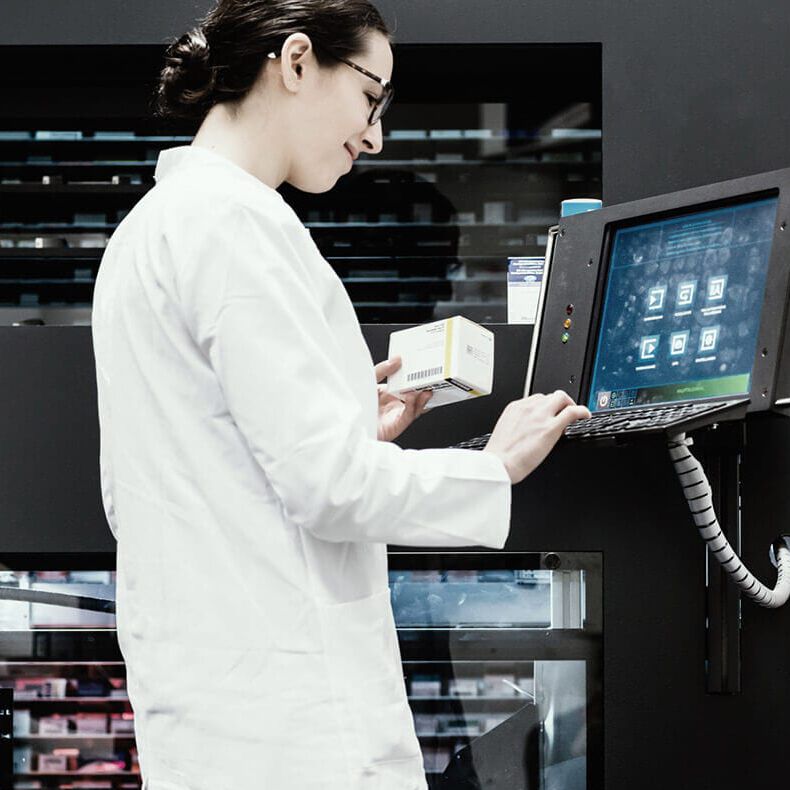Sustainable Products
The manufacturing industry faces the challenge of reducing the ecological footprint throughout the entire product life cycle – even where no direct influence is possible. EFESO helps companies to holistically analyze the sustainability footprint of physical products, software, and services and to develop and implement improvement approaches.
Sustainable Product Development
- Transparency: evaluation of the product design regarding repairability and upgradeability, useful life and recyclability; use of life cycle engineering (LCE) methods to evaluate the ecological product footprint from procurement and production to consumption, recycling and reuse.
- Organization: integration of sustainability and EHS (environment, health, safety) functions into the development and industrialization of products.
- Sustainability by product design: aligning product design on the development of products that are low in emissions and consumption and allow for sustainable use – for example by using renewable and biodegradable materials, developing products for dismantling and repair, and reducing the use of harmful materials.
- Digitalization of product development: use of digital "sustainability twins"; simulation and virtualization of prototyping to reduce physical waste.
- Material selection & consumption: reduction of the proportion of critical and non-recyclable materials in products and packaging in favor of renewable and biodegradable materials as well as the use of standard, carry-over or recycled parts and components (frugal development).
- Compliance Management: ensuring technical and ecological compliance (REACH, digital product passport, etc.), certification of products and development processes and consideration of material compliance criteria.
Sustainable Product Use and Recycling
- Life cycle analysis: recording of life cycle costs, environmental impact, and customer price elasticity in order to be able to take economic KPIs into account in a targeted manner.
- Scope 3 decarbonization: consideration and optimization of the entire process chain from the selection of sustainable materials to their purchase and processing to efficient product use and portfolio optimization.
- Predictive maintenance & refit: identification and integration of sustainability potential for predictive maintenance and environmentally friendly upgradability of products.
- Circular economy: development of a strategy for the circular economy; identification of suitable business cases and business models. Selection of suitable components / products and identification of the key drivers for successful implementation of the strategy.
- Upgradability of products: improving products through updates or modifications so that they can be used for longer. Consideration of key drivers such as “Design for Adaptability”.
- Cross-generational product design: creation of a product design strategy in which products of different generations are designed to be compatible with each other. Reuse of components, accessories, or modules across different product generations.
- Product lifespan: extending the period of use, e.g. through effective and cost-efficient approaches for repairing, refurbishing and reusing products or components.

„THE NEXT DECADE IS ABOUT COMBINING MATERIAL SAVINGS AND MATERIAL CHANGE“
Dr. Fritz Flanderka, Managing Director, Reclay Holding GmbH, on trends and drivers for sustainable Waste management.
Read the interview ›

PRODUCT & SYSTEM LIFECYCLE MANAGEMENT BY EFESO
Achieve optimum sales growth, costs and time-to-market in the Product portfolio.
Read more ›






![[Translate to English:] ROI Case Studie - Digital Twin](/fileadmin/_processed_/6/1/csm_roi-casestudy-digital-twin_3c8c268a58.jpg)